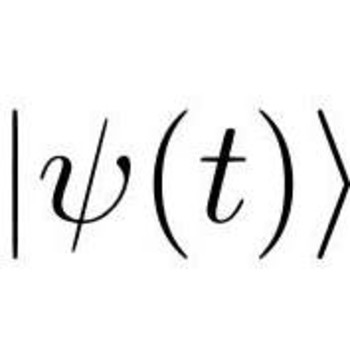Question #3c377
2 Answers
See here:
https://math.stackexchange.com/questions/141347/finding-int-xxdx
Explanation:
We seek:
# I = int \ x^x \ dx #
Noting that
# e^x = 1+x+x^2/(2!) + (x^3)/(3!) + ... #
which converges
# x^x = 1 + (lnx^x) + (lnx^x)^2/(2!) + (lnx^x)^3/(3!) + ... #
# \ \ \ = 1 + (xlnx) + (xlnx)^2/(2!) + (xlnx)^3/(3!) + ... #
# \ \ \ = 1 + xlnx + (x^2ln^2x)/(2!) + (x^3ln^3x)/(3!) + ... #
Which enables us to write:
# I = int \ sum_(r=1)^oo \ (x^rln^r x)/(r!) \ dx #
# \ \ = sum_(r=1)^oo \ int \ (x^rln^r x)/(r!) \ dx #
If we consider the function:
# F(x,n) = int_0^x \ (t^rln^r t)/(r!) \ dt #
Then we find that we can write:
# F(x,n) = (-1)^n (n+1)^(-(n+1))Gamma(n+1,(n+1)ln(1/x))#
Where:
# Gamma# is the incomplete Gamma function.
Which is about the best that can be done for the given integral.


